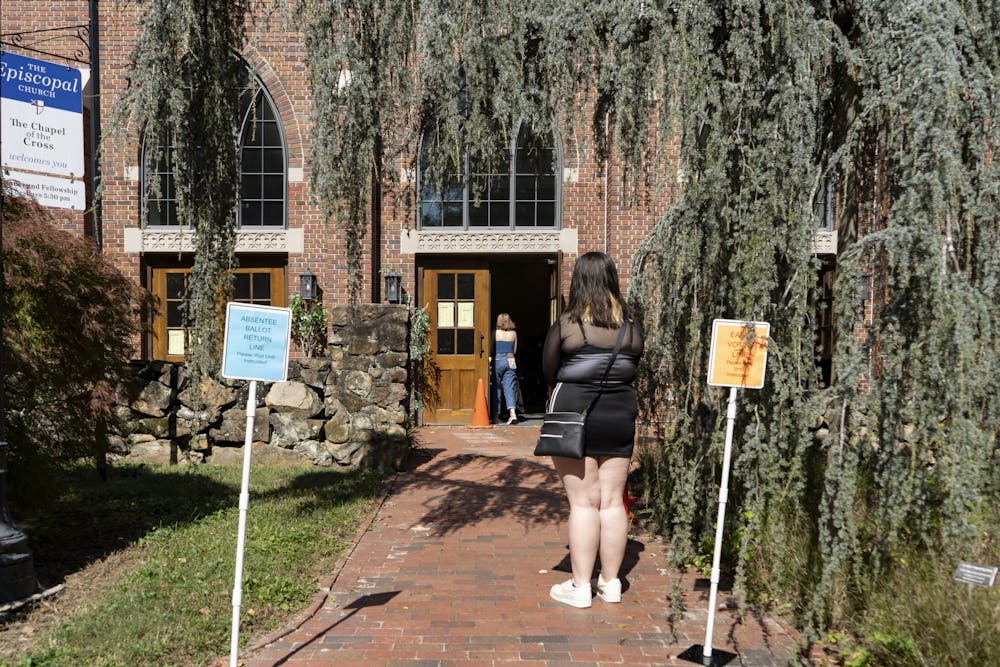A federal ruling Wednesday requires all absentee ballots in North Carolina to have a witness signature even if the voter separately confirms their vote.
The order changes a previous guideline set by the North Carolina State Board of Elections on Sept. 22 that could be used to circumvent the witness requirement for absentee ballots. The ruling was made by Judge William Osteen Jr. in the U.S. District Court for the Middle District of North Carolina, who has overseen many other election rulings so far this year.
What happened
The guidelines say that voters with mistakes on their absentee ballots can go through a curing process. Before this ruling, if a ballot was missing a witness signature, voters could fill out a separate form to correct the mistake before Election Day. The certification could then be signed by the voter without the need of a witness.
This was part of what prompted former board members David Black and Ken Raymond to resign on Sept. 23.
But now, if a witness signature is missing or invalid, the voter has to send in a completely new ballot.
One of the cases associated with the decision is being defended in part by the Southern Coalition for Social Justice. Mitchell Brown, who works for the SCSJ, said that ballot curing was more important this year because of the pandemic.
“If you’ve voted in person your whole entire life and then all of a sudden you have to go through a whole different process to vote by mail, you’re bound to make mistakes,” Brown said. “You didn’t put your address on the ballot, you didn’t sign the ballot or various other simple fixes.”
The Wednesday federal ruling began with a Sept. 26 request from plaintiffs, including N.C. House Speaker Rep. Tim Moore, R-Cleveland, and N.C. Senate President Pro Tempore Phil Berger, R-Rockingham, for a restraining order on curing absentee ballots that lack a witness signature.



